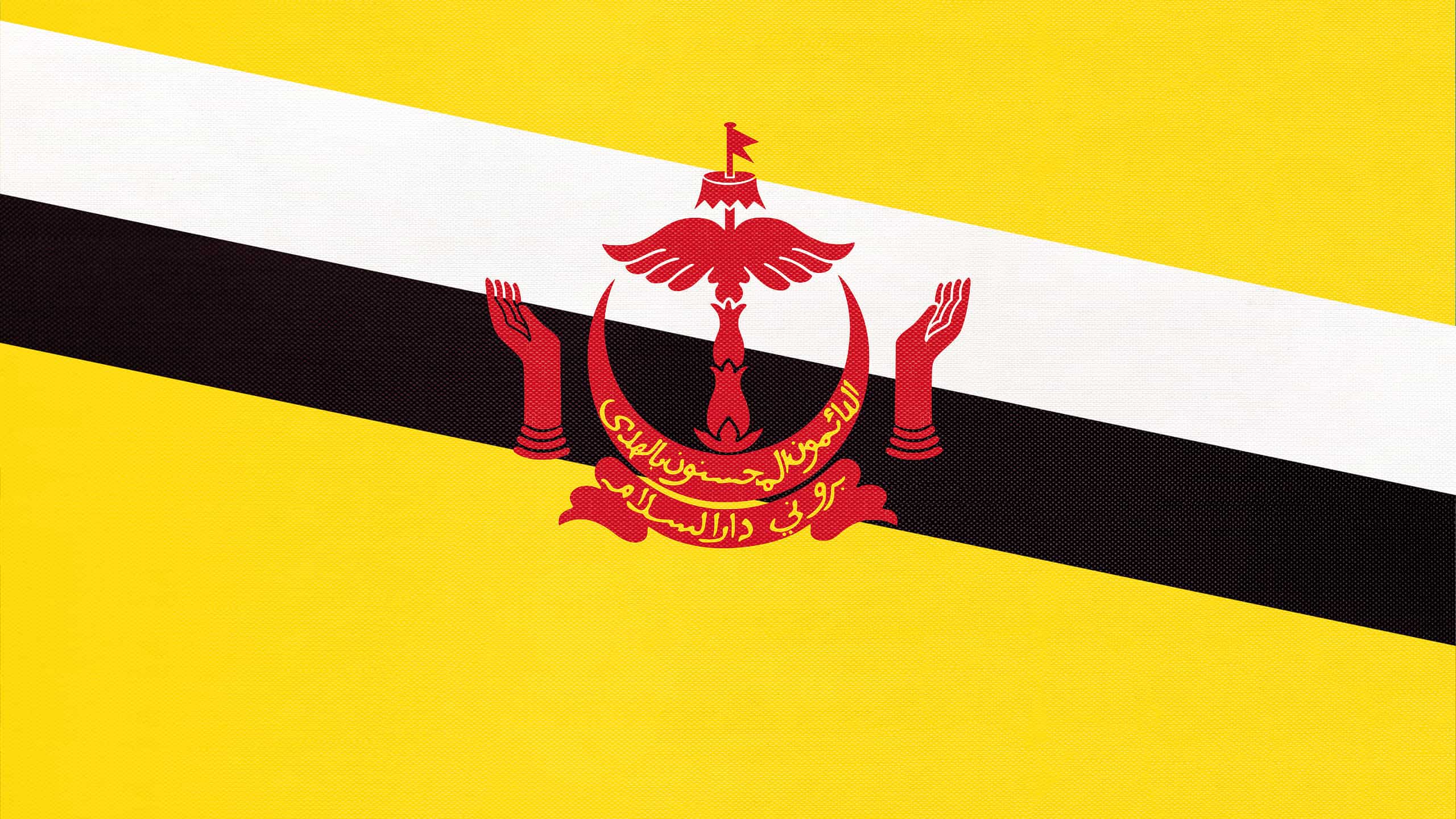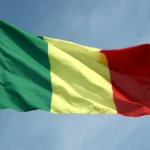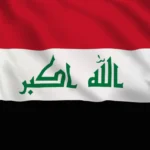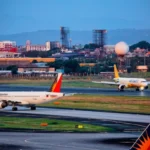
Brunei, a constitutional monarchy led by a sultan, is characterized by its rich history as a sultanate, significant oil wealth, and a high standard of living. The nation is also notable for its dedication to education, biodiverse rainforests, participation in international organizations like ASEAN and the United Nations, strong Islamic cultural influence, and its distinctive tax system, which exempts citizens from personal income tax, enhancing its economic stability and allure.
Here are some interesting facts about Brunei:
Brunei, officially known as Negara Brunei Darussalam, gained full independence from the United Kingdom on January 7, 1984. Before this, it had been a British protectorate since the late 19th century. This date marks a significant milestone in Brunei’s history as it became a fully sovereign nation.
Brunei’s strategic location on the northern coast of Borneo in Southeast Asia has contributed to its historical and economic importance. It shares its borders with Malaysia and is close to the Indonesian archipelago.
Brunei’s governance structure is a constitutional monarchy, with the Sultan of Brunei as both the head of state and government. The sultanate of Brunei has a rich history, with records dating back to the 14th century when it was a powerful maritime empire.
As of 2021, Brunei had an estimated population of around 436,620 people. The relatively small population size is a notable characteristic, considering the country’s significant oil wealth.
Brunei covers an area of approximately 5,765 square kilometers (2,226 square miles). Despite its compact size, Brunei boasts diverse landscapes, including rainforests, rivers, and coastal regions.
Brunei is renowned for its abundant oil and natural gas reserves, which have been pivotal to its economic prosperity. The oil industry has played a crucial role in shaping the country’s modern history and financing various development projects.
The official currency of Brunei is the Brunei Dollar (BND). Interestingly, it’s also used alongside the Singapore Dollar (SGD) in the country. Both currencies are accepted for transactions, creating a unique currency arrangement.
Malay is the official language of Brunei. However, English is widely used, particularly in government, education, and business. This linguistic diversity reflects the country’s colonial history and international outlook.
Brunei is an Islamic state, and Islam is the official religion. The practice of other religions is allowed, but there are strict regulations regarding public displays of non-Islamic faiths. The majority of the population adheres to Islam, and the country observes Islamic traditions and holidays.
The national anthem of Brunei is “Allah Peliharakan Sultan” (God Bless the Sultan). The anthem holds cultural significance and is played on various occasions, including national celebrations and events.
Brunei has a rich history as a sultanate, with evidence of its existence dating back to the 14th century. It was known for its maritime power, trade connections, and influence in the region.
Brunei became a British protectorate in the late 19th century, which marked a significant period in its history. It was under British protection until it gained full independence on January 7, 1984. During World War II, it was briefly occupied by Japan.
Brunei places a strong emphasis on education, and it offers free education at all levels, including higher education, to its citizens. The government’s commitment to education is reflected in its efforts to provide quality schooling to its population.
Brunei is home to a diverse range of wildlife, including proboscis monkeys, orangutans, hornbills, and various species of birds. The country’s lush rainforests and pristine ecosystems provide a habitat for these unique and endangered creatures.
Despite its relatively small land area, Brunei boasts a high level of biodiversity. Its rainforests are some of the oldest in the world, estimated to be around 70 million years old. These forests are teeming with a wide variety of plant and animal species.
The oil and gas industry have been the mainstay of Brunei’s economy for many years. The country’s substantial oil and natural gas reserves have generated significant revenue, enabling it to invest in infrastructure and public services.
Brunei is known for its high standard of living and economic stability, primarily due to its oil wealth. The government has a comprehensive social welfare system that provides citizens with access to healthcare, education, and other essential services.
One of the unique features of Brunei’s taxation system is that it does not impose personal income tax on its citizens. The absence of income tax contributes to the country’s high standard of living and economic attractiveness.
Sultan Hassanal Bolkiah has been the ruler of Brunei since 1967, making him one of the world’s longest-reigning monarchs. His long tenure has seen the country through significant changes and developments.
Brunei is a member of the Association of Southeast Asian Nations (ASEAN), a regional organization that promotes economic and political cooperation among Southeast Asian countries. Brunei actively participates in ASEAN activities and initiatives, contributing to regional stability and collaboration.
Brunei celebrates its National Day on February 23rd each year. This significant date commemorates the country’s full independence from the United Kingdom in 1984. National Day is marked with grand parades, cultural performances, and patriotic festivities.
Brunei has territorial disputes with Malaysia over offshore areas in the South China Sea, particularly concerning oil-rich regions. These disputes have led to diplomatic negotiations and international arbitration.
Brunei is known for its vast rainforests, which are among the world’s oldest and most pristine. These rainforests are a vital part of the country’s ecosystem, home to numerous endangered species, and a subject of conservation efforts.
Brunei became a member of the United Nations on September 21, 1984, shortly after gaining independence. UN membership signifies Brunei’s commitment to international cooperation and diplomacy.
Brunei consistently ranks among the countries with a high Human Development Index (HDI), reflecting its well-developed infrastructure, healthcare, education, and overall quality of life. The country’s abundant natural resources and prudent economic management contribute to its citizens’ high standard of living.
Brunei FAQs: Unveiling the Abode of Peace
Brunei Darussalam, nicknamed the “Abode of Peace,” is a small, yet fascinating country nestled on the northwest coast of Borneo Island in Southeast Asia. Here’s a comprehensive FAQ to quench your curiosity about Brunei:
1. What is the government system in Brunei?
Brunei is a unique constitutional monarchy with a hereditary Sultan as the head of state and government. The Sultan holds immense power, including the role of Prime Minister, Minister of Defense, and other key positions.
2. What is the religion of Brunei?
Islam is the official religion of Brunei, adhered to by around 67% of the population. Malay Islamic Monarchy (MIB) is the official ideology, emphasizing Malay language and culture, Islamic values, and loyalty to the monarchy.
3. What is the language spoken in Brunei?
Malay is the official language of Brunei. English is widely spoken, particularly in the capital Bandar Seri Begawan, and serves as the language of instruction in higher education. Several indigenous languages are also spoken by minority groups.
4. What is the currency of Brunei?
The Bruneian dollar (BND) is the official currency of Brunei. It is pegged to the Singapore dollar (SGD) at a fixed exchange rate.
5. What is the climate like in Brunei?
Brunei has a tropical rainforest climate, characterized by high temperatures, high humidity, and abundant rainfall throughout the year. There’s no distinct wet or dry season, with average temperatures ranging from 23°C to 32°C (73°F to 90°F).
6. What is Brunei known for?
- Sultan Omar Ali Saifuddin Mosque: A stunning example of Islamic architecture, this golden-domed mosque is a prominent landmark in the capital.
- Kampong Ayer: This unique “Water Village” is a network of houses built on stilts above the Brunei River.
- Kuala Lumpur National Park: Home to pristine rainforests, diverse wildlife, and indigenous communities, this park offers a glimpse into Brunei’s natural beauty.
- Oil and Gas Industry: Brunei holds vast oil and gas reserves, making it a wealthy nation with a high standard of living for its citizens.
7. What are some interesting facts about Brunei?
- Brunei is the smallest country in Southeast Asia by landmass.
- Brunei has one of the highest Human Development Index (HDI) rankings in Southeast Asia, indicating a good standard of living for its citizens. Free education and healthcare are provided by the government.
- Brunei is known for its strict Islamic laws. Alcohol consumption and public displays of affection are prohibited.
- The Malay ethnic group comprises around two-thirds of the population. Indigenous groups like the Iban and Dusun also have a presence in Brunei.
8. Is Brunei safe for tourists?
Brunei has a very low crime rate and is generally considered safe for tourists. However, visitors should be respectful of local customs and dress modestly, especially when visiting religious sites.
9. What are some things to do in Brunei?
- Explore the opulent palaces and mosques of Bandar Seri Begawan.
- Take a boat tour through the fascinating Kampong Ayer Water Village.
- Immerse yourself in the lush rainforests of Kuala Lumpur National Park.
- Visit the Royal Regalia Museum to learn about Brunei’s history and culture.
- Sample delicious local cuisine, with influences from Malay, Chinese, and indigenous traditions.
10. How to get to Brunei?
Brunei International Airport is the main gateway to the country. Several airlines offer flights from regional hubs like Singapore, Kuala Lumpur, and Manila.
Hopefully, this FAQ provides a valuable introduction to Brunei. From its fascinating culture and historical sites to its stunning natural beauty, Brunei offers a unique travel experience for those seeking a glimpse into a less-explored corner of Southeast Asia.









